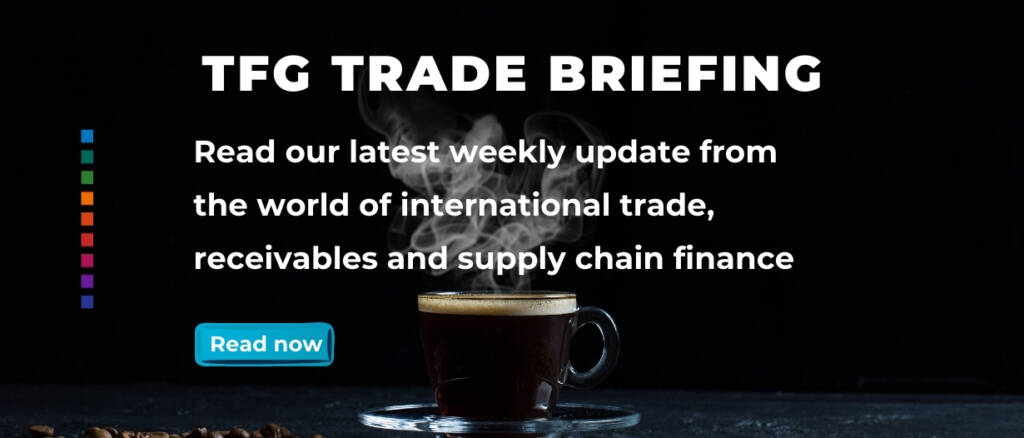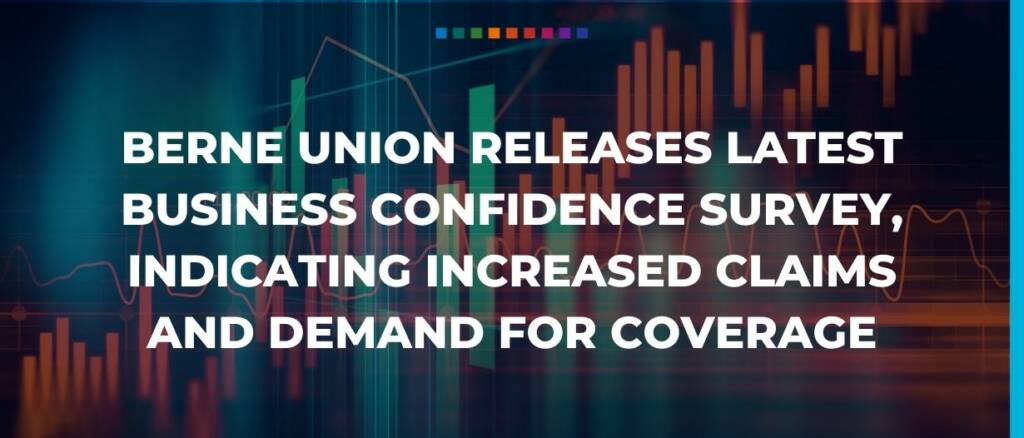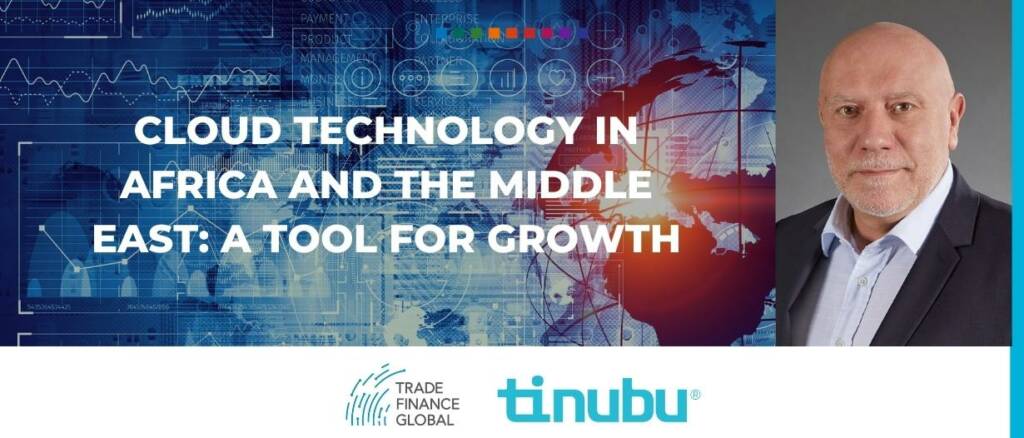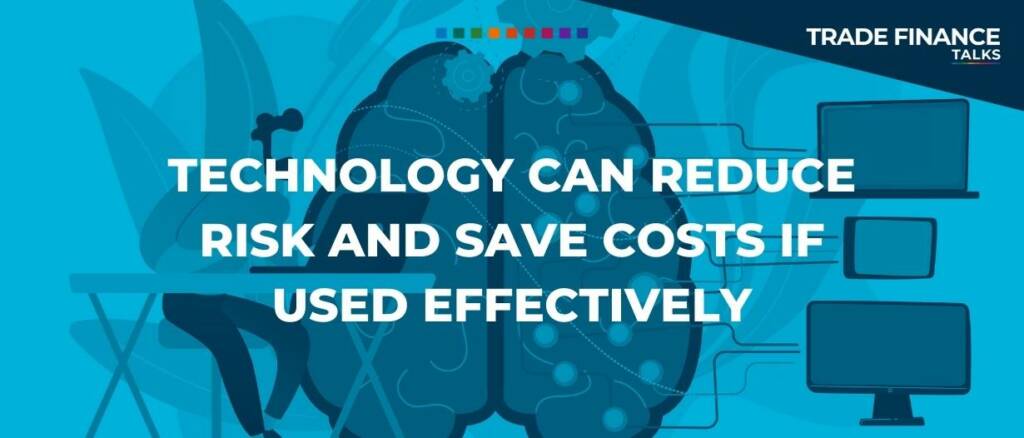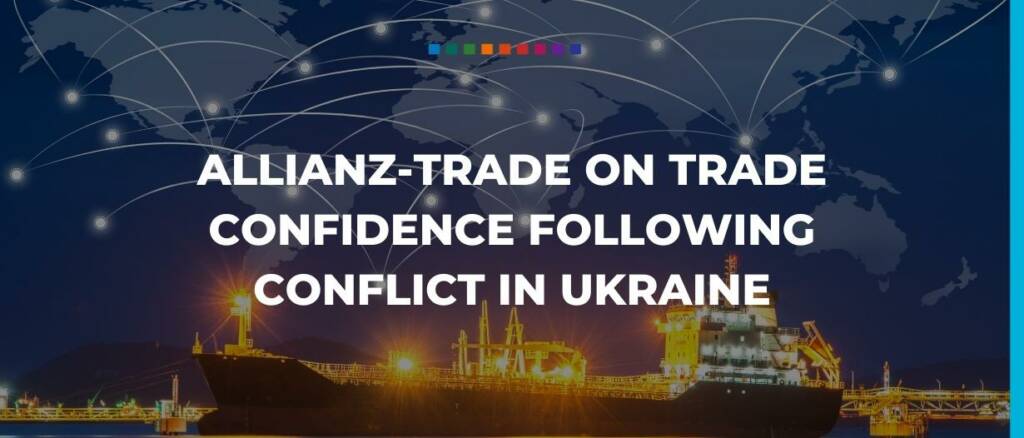Your Monday morning coffee briefing from TFG: TFG partners with UKEF and DIT to create a trade and export finance guide
Your Monday morning coffee briefing from TFG: Virtual tradecast: TFG joins forces with Tinubu to discuss trade credit insurance
The Berne Union released its latest Business Confidence Survey this week amid mounting geopolitical uncertainty. This latest rendition of the quarterly report shows that demand for export credit insurance is… read more →
Governments and businesses across the Middle East and Africa (MEA) are digitising at a rapid pace, shifting away from on-premises hardware and manual processes in favour of software as a service (SaaS).
Two, the business-to-business (B2B) e-commerce payments platform, and Allianz Trade, the trade credit insurance provider, have formed a partnership to grow the ‘buy now pay later’ (BNPL) finance market for… read more →
TFG spoke to two leading trade credit risk management experts, Marian Berden and Robert Meters of Schumann on how technology has the potential to help business avoid some of the costs and stresses associated with current economic conditions.
Your Monday morning coffee briefing from TFG:
Bank of America will transition to recycled plastic for credit and debit cards beginning in 2023
Robert Meters, director of Schumann International Limited, discusses the current and long-term impacts of the conflict on receivables finance and credit risk management.
Tinubu, the software provider for the credit insurance and surety industry, announced today the launch of its new brand. Tinubu is undergoing a transformation to offer its clients a single… read more →
Confidence, demand and energy shock waves, writes Ana Boata, Global Head of Economic Research at Allianz Trade. Allianz Trade is the new name for trade credit insurer Euler Hermes, which became part of the Allianz SE group in 2018.















